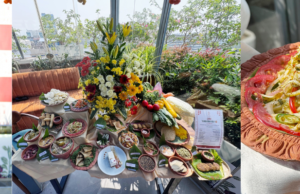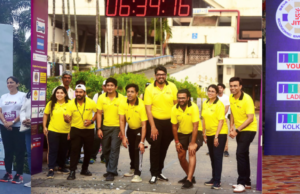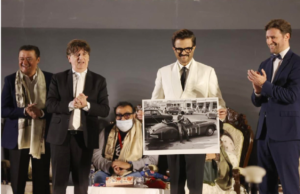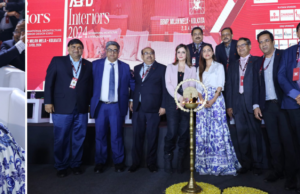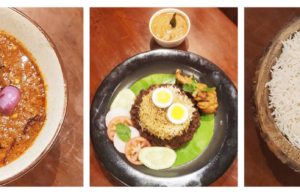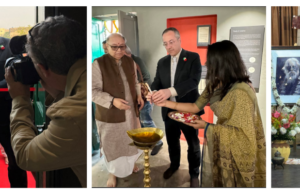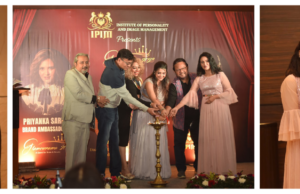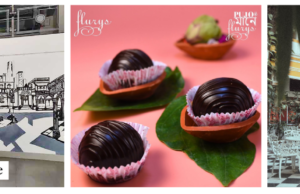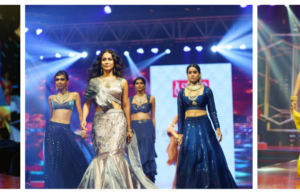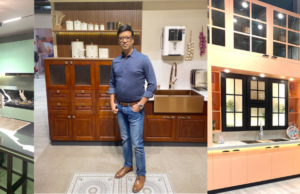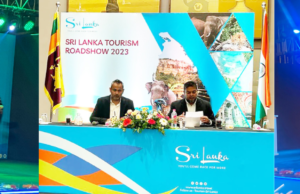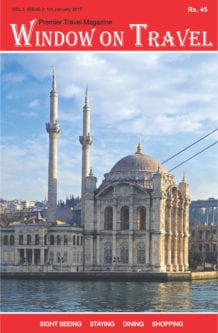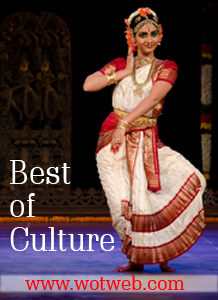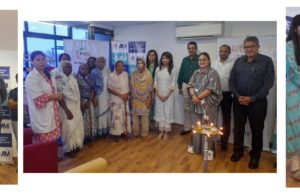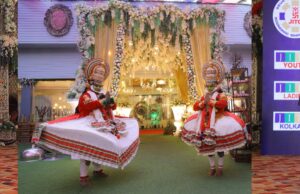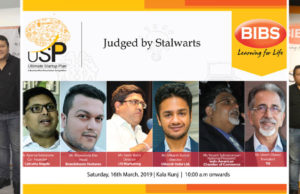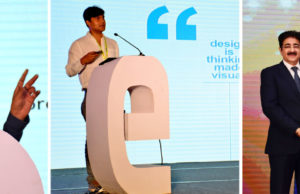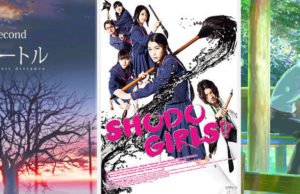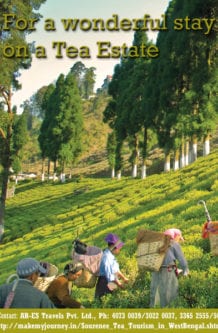
WoT's Hot
Fingers flying over the keys, intricate notes wafting through the air and a mesmerized audience, all made for an truly enchanting evening. Particularly unique was the unusual combination of Western Classical and contemporary jazz with a strong influence of the matchless charm of the Indian classical genre.
All of 22 years old, Anirudh Varma, who is currently studying for his Master’s degree in “Performance Studies” from Ambedkar University, New Delhi, brings with him a rare combination of being a musician of both Western and Indian classical music, which he brings together in a most enchanting form. His music is not what traditionalists would call “pure” but the variety of blends he brings forth, is a precursor to what the younger generation is understanding of the pure forms of music and how they can be mingled to create their version of contemporary music. On 26th May, Vasundhara and Gaurav Gupta hosted a performance by this young and dynamic protege’, Anirudh Varma, at the Calcutta School of Music.
Anirudh is a composer, arranger and Grade 8 pianist from the Associated Board of Royal School of Music, London, and has trained with Mr. Ritesh Khokhar, Ms. Lothunglo Mozhui and Mr. Hosie Palamkote. His indoctrination in Indian classical music has been under Mr. Manas Majumdar and his grandfather, Mr. S.N. Varma, who has been his mentor and guru. When most children his age were playing in jungle-gyms and sand-pits, young Anirudh was spending hours on his keyboard and gave his first public performance and composed his first piece of music at the age of 6 years! Though he started playing music on the keyboards, it soon became a toy for him and he felt it was limiting his ability to explore. Moving to the piano was a natural and early progression. He believes he is now at a stage where his work is more about interpretation of a piece of music than learning it.
Amongst other pieces Anirudh played Rondo in F Major, K.533 and 494, 3rd Movement by Mozart and Nocturne in E Minor Op.73 No.1 by Chopin. It was delightful to see how the young fingers effortlessly glided and danced over the keys to give a performance which screamed out loud and clear, “This is just a prelude to what is to come in the future.” Western classics including No. 1 from Deux Arabesques by Debussy were interspersed with Anirudh’s own compositions which were contemporary interpretations of Indian classical ragas. His piece “Melancholic Rhapsody” was a blend of Raag Chaturkeshi and Nutt Bhairav which was inspired by the great musician Kumar Gandharv, who Anirudh believes is a ‘modern traditionalist.’ Kumar Gandharv’s style of music encouraged Anirudh to explore the new genre of blended music as well as the various facets of music. Though Anirudh’s compositions had strong influences of raagas, they displayed a new-age merging of Western and Indian music. The closing piece, “March to Glory,” also his own composition, was a delightful rendition which had shades of Raag Bhoopali and Raag Hansadhwani. While he greatly enjoys the color, mood, emotion and imagery which is experienced using the Indian classical form of music, Indian music is not a harmonic form, which is an expression offered by western music. With Raag Hansadhwani, for example, he uses the Komal ‘dha’ (Flat 6th) which is not traditionally used in the raag. This distinctive style is what made for a delightful and memorable evening.
Anirudh Varma has given numerous solo and group performances, and been composer and music arranger for various projects. His music can be found on platforms such as iTunes, Amazon, Google Music, Saavn etc. And Ujwal NagarHe also contributed to the background score of a documentary film which was screened at the Carnegie Hall in the US, and is currently working on a collaborate project with eminent vocalist Pandit Sarathi Chatterjee on a flute-piano duo album talented flautist Ritesh Preasanna.
Fingers flying over the keys, intricate notes wafting through the air and a mesmerized audience, all made for an truly enchanting evening. Particularly unique was the unusual combination of Western Classical and contemporary jazz with a strong influence of the matchless charm of the Indian classical genre.
Other Articles in REAR WINDOW WOT
What to read next
Featured articles
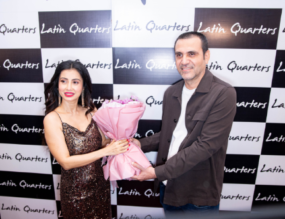
Welcome Festive Season in Glam, Latin Quarters Launches new #PujoBling Collection with Monami Ghosh
by WOT




